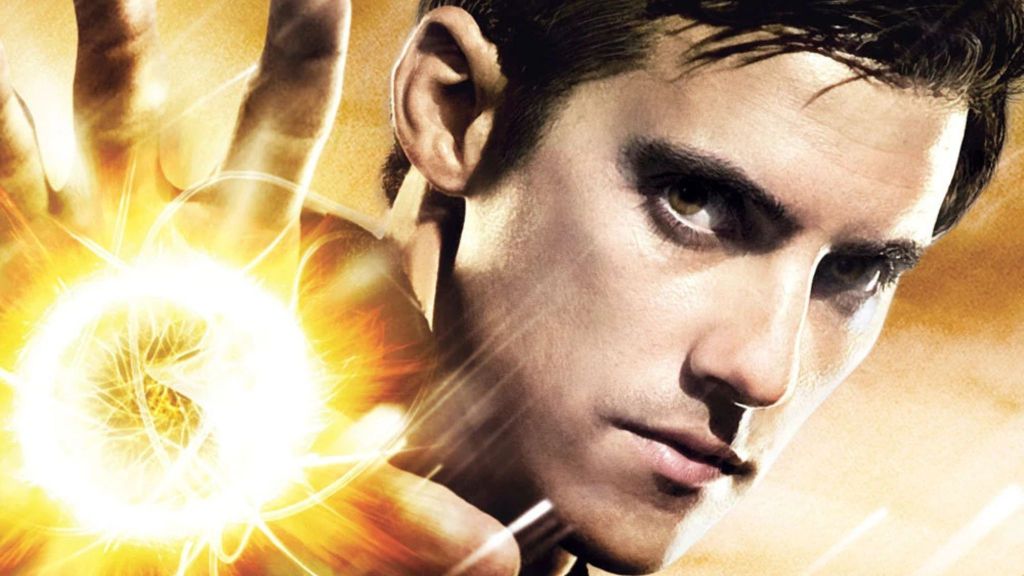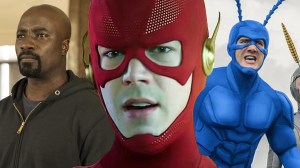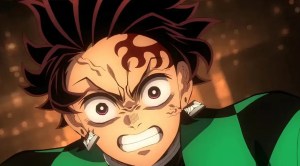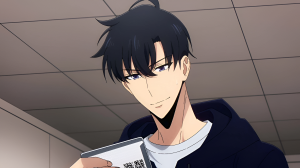Tim Kring’s Heroes exploded onto television screens in 2006, rapidly becoming a cultural phenomenon and a beacon of ambitious storytelling on network television. The NBC series captivated audiences with its compelling premise of ordinary individuals across the globe discovering they possessed extraordinary abilities, from flight and telepathy to regeneration and time manipulation. The first season was a masterclass in serialized narrative, expertly weaving together multiple character arcs into a cohesive and thrilling tapestry centered on the urgent mantra, “Save the cheerleader, save the world.” It garnered widespread critical acclaim, earning Emmy and Golden Globe nominations, and cultivated a devoted fanbase eagerly anticipating where these newfound powers and interconnected destinies would lead.
Videos by ComicBook.com
The inaugural season of Heroes was a true television event, distinguishing itself with a fresh approach to the superhero genre long before interconnected cinematic universes became the norm. Characters like the earnest Hiro Nakamura (Masi Oka), the seemingly indestructible Claire Bennet (Hayden Panettiere), the empathetic Peter Petrelli (Milo Ventimiglia), and the terrifyingly complex antagonist Sylar (Zachary Quinto) became instantly iconic. The narrative unfurled with a patient confidence, gradually revealing the scope of the emerging powers and the shadowy organizations seeking to control or exploit them. This careful construction, coupled with a palpable sense of global stakes and the relatable human struggles of its protagonists, created an addictive viewing experience.
Sadly, a combination of external industry pressures and internal creative missteps soon began to unravel the very fabric that had made Heroes so exceptional. As a result, subsequent seasons witnessed a precipitous decline in quality, viewership, and critical favor, ultimately transforming Heroes from a celebrated triumph into a cautionary tale of squandered potential.
The Crippling Blow of the Writers’ Strike

The trajectory of Heroes was irrevocably altered by the late-2000s Writers Guild of America (WGA) strike, an industry-wide labor dispute that lasted 100 days, from November 5, 2007, to February 12, 2008. This strike brought television production to a standstill and had a particularly devastating impact on serialized shows like Heroes, which relied heavily on long-form storytelling and carefully planned seasonal arcs. The series was in the midst of its second season when the strike hit, a season already showing some minor signs of creative strain but still holding significant audience interest. The strike’s interruption, however, proved to be a critical blow from which the show’s narrative momentum and creative cohesion never fully recovered.
Season 2 of Heroes, originally conceived with a 24-episode order structured around distinct “volumes” (“Generations,” “Exodus,” and “Villains”), was abruptly truncated to just 11 episodes due to the strike. This led the creative team to hastily conclude ongoing storylines and abandon significant planned plot developments. The entire “Exodus” volume, which was intended to depict the catastrophic release of the Shanti virus and its global ramifications, was largely scrapped. This necessitated a rushed and somewhat clumsy resolution to the virus plotline within the shortened “Generations” volume. The planned third volume, “Villains,” which was meant to cap off Season 2, was then postponed and retooled to become the opening arc of Season 3. The strike effectively shattered the season’s intended structure and forced writers to cobble together a new direction under immense pressure, a disruption that had lasting consequences.
Heroes Narrative Collapse in a Post-Strike Landscape

The WGA strike acted as an undeniable catalyst for many of Heroes‘ subsequent problems, but the show’s inability to recapture its initial brilliance also stemmed from a series of significant narrative missteps in the seasons that followed. While Season 2 had already introduced some less engaging plotlines, such as Peter Petrelli’s amnesia arc in Ireland and the somewhat detached journey of Maya (Dania Ramirez) and Alejandro Herrera (Shalim Ortiz), the strike exacerbated existing weaknesses and created new ones. Season 3, which combined the delayed “Villains” arc with a new volume titled “Fugitives,” became emblematic of the show’s decline. It suffered from an overabundance of new characters who were often poorly developed or quickly discarded, contributing to an increasingly convoluted and unfocused narrative.
Another core issue in the post-strike seasons was the inconsistent handling of character motivations and the often perplexing evolution, or devolution, of established figures. Characters frequently made choices that seemed out of sync with their previous development, and power sets were often altered, gained, or lost in ways that felt arbitrary and convenient rather than organic to the story. Sylar’s arc, for instance, became particularly contentious as he oscillated between irredeemable villain, conflicted anti-hero, and even, briefly, a hero, diluting his initial terrifying impact.
Heroes also struggled to maintain compelling stakes. After the clear threat of “Save the cheerleader, save the world,” subsequent global dangers often felt overly complicated or less emotionally resonant. Plus, the sense of a core group of heroes united by a common purpose, a key strength of the first season, was frequently lost as characters were scattered into less engaging subplots. Ultimately, Heroes never managed to regain the narrative discipline or creative spark that had made its debut so electrifying, with later seasons, including the fourth and the eventual revival Heroes Reborn, failing to recapture the magic that once made it essential viewing.
What was the specific moment or storyline that made you realize Heroes was losing its way? Share your thoughts in the comments!









